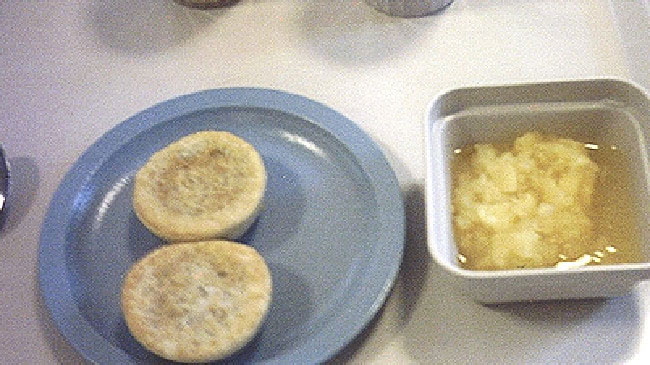Similar to dehydration, malnutrition is a serious health issue for the elderly. Malnutrition occurs when a person’s diet does not contain the proper nutrients. The elderly are at a greater risk of inadequate nutrition due to common factors such as loss of appetite, cognitive issues, difficulty chewing, poor quality diet and neglectful treatment by their caretakers. Studies have estimated that 35 to 85 percent of US nursing home residents are malnourished.
Some of the most common symptoms of malnutrition are unplanned weight loss, fatigue, weak muscles and increased rate of illness and infection. The usual treatment for malnutrition involves increasing the nutritional content of the resident’s diet, sometimes in combination with nutritional supplements. If the elderly person is unable to eat enough food to meet nutritional needs a feeding tube can be used to provide nutrients into the digestive system or a drip can be used to administer nutrients into a vein. It should be noted that other more conservative options should be considered and discussed with a resident’s physician before a feeding tube is used, since feeding tubes have a number of adverse consequences, such as increased mortality among elderly dementia patients, decreased quality of life and other complications caused by the tube.
The Nursing Home Reform Act of 1987 requires that nursing home facilities meet residents’ nutritional needs. The most successful approaches to preventing malnutrition involve cooperation from residents, family members, nursing home directors, physician’s nurses, and staff. To effectively combat malnutrition, nursing homes need adequate resources and staffing to attend to their resident’s nutritional needs. Direct-care staffing should be available at mealtimes to assist residents that require eating assistance. These staff members need to be trained on how to assist residents to eat and drinks safely and adequately. Licensed nurses should manage and supervise the staff.

In addition, residents should have access to health professionals including physicians, RNs, dietitians, and dentists. Routine nutritional screening should be conducted on elderly nursing home residents to ensure they are well nourished. In addition, nursing home staff should be taught common symptoms of malnutrition and keep a watchful eye towards residents that exhibit these traits
If a nursing home facility fails to meet residents’ nutritional needs it can be held accountable in civil court for the injuries and damages that result from malnutrition. Speak with a nursing home attorney at the Wieand Law Firm LLC if you think that a loved is suffering from malnourishment due to neglectful nursing home care for a free, no-obligation consultation.
